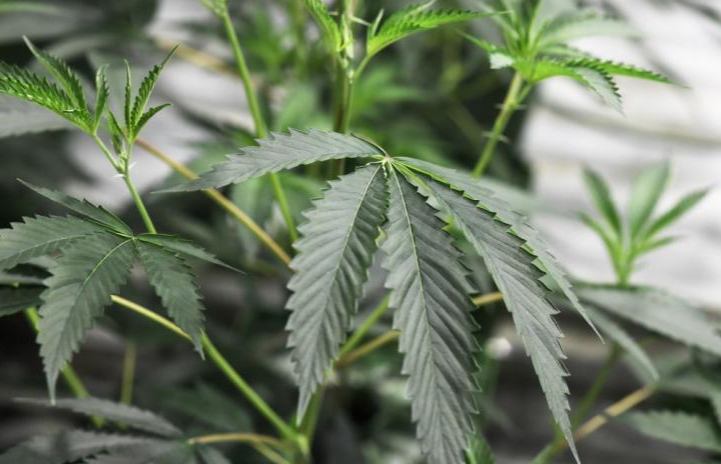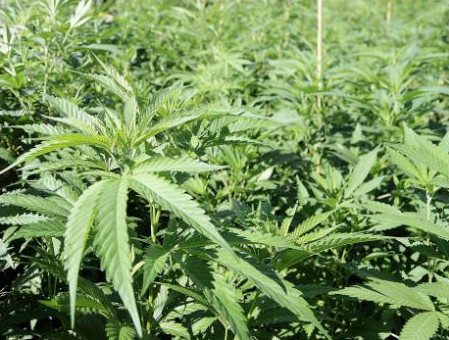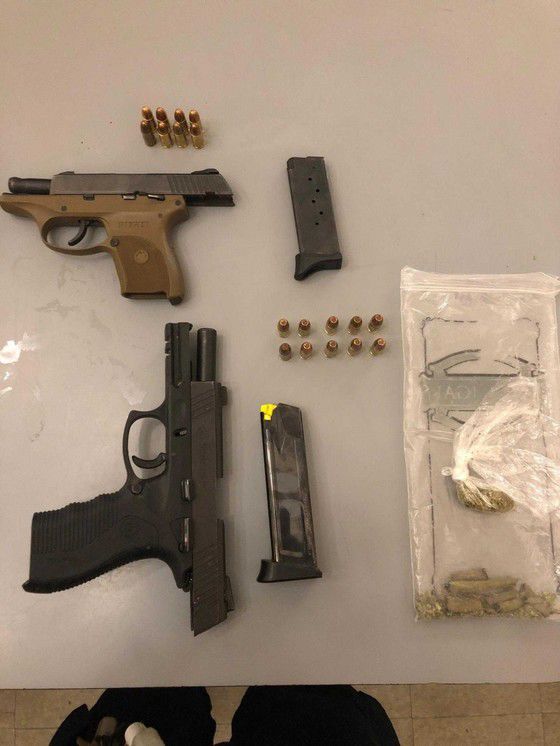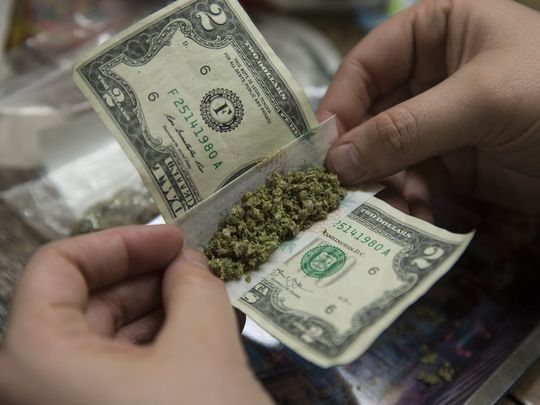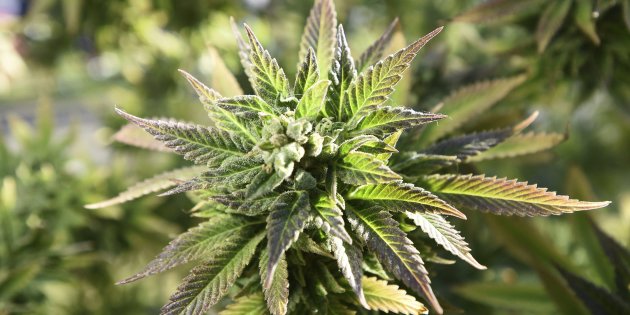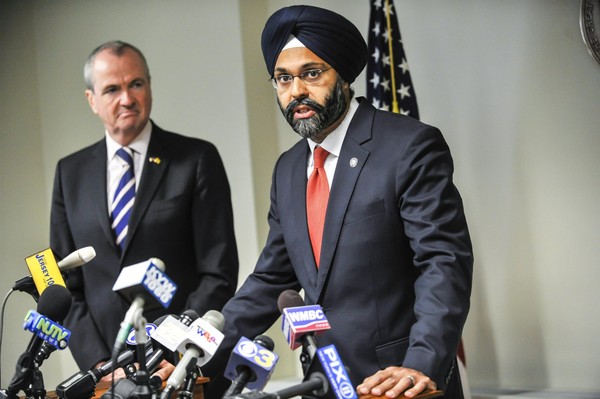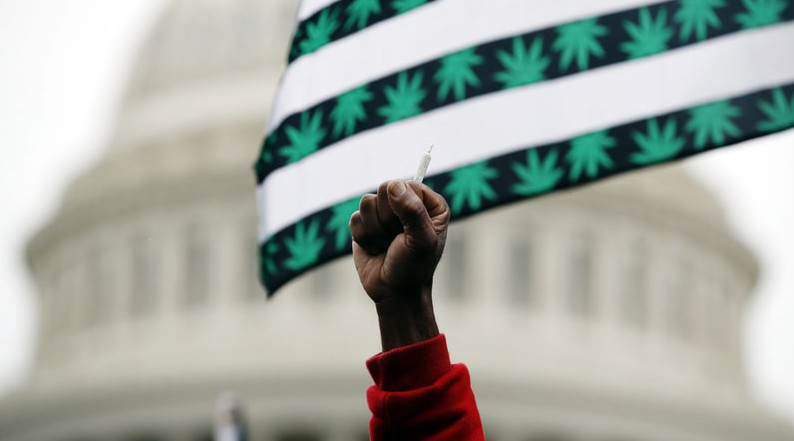Despite pressure from Jeff Sessions, Senate panel protects medical marijuana.
The supposed crackdown on marijuana by Trump’s Department of Justice (DOJ) has been the cannabis industry’s on-again, off-again drama for much of 2017.
On February 23, former Press Secretary Sean Spicer told reporters during a live televised press conference that he expected to see “greater enforcement” of federal marijuana laws as they apply to recreational use. Spicer added that he did not expect the government to crack down on the medical use of marijuana, given the 2014 congressional appropriations rider that prohibits the DOJ from spending money enforcing federal drug laws in states that authorize the use, distribution, possession, or cultivation of medical marijuana.
The day following Spicer’s panic-inducing marijuana responses, the White House canceled the daily press briefings, opting for an off-camera media gagle consisting of handpicked media outlets. The Associated Press boycotted the event.
On March 2, Sen. Rand Paul (R-Ky.) informed reporters that Attorney General Jeff Sessions had given private assurances to senators that the DOJ would “have some respect for states’ right on these things.”
A letter Sessions wrote to congressional leadership in May proved otherwise, as the Attorney General requested a reversal of the Rohrabacher-Farr amendment, foreshadowing a possible crackdown on states’ medical marijuana laws.
With a new report from a DOJ task force expected to lay at least part of the blame for a supposed rise in violent crimes on expanding marijuana legalization, the congressional rider protecting more than two million medical marijuana patients nationwide has never been more crucial.
But the federal government’s data may hold the key in proving that states with marijuana legalization actually see less violent crime than their prohibitive counterparts.
As reported by Melissa Santos of the News Tribune, violent crime in the state of Washington has been declining since voters legalized recreational marijuana via Initiative 502.
“Since voters approved Initiative 502, FBI crime statistics show lower rates of violent crime in Washington than before legalization. According to the FBI data, in 2011 there were 295.6 violent offenses reported per 100,000 Washington residents. In 2015, the most recent full year of data available, that rate had fallen to 284.4 violent offenses per 100,000 people.”
Even lawmakers in the state of Washington that opposed legalization realize that the end of prohibition has had a positive effect on crime reduction. State Senator Ann Rivers (R-La Center) told Santos, “I did not vote for the initiative, but I will tell you this: That revenue, that’s not coming from people who woke up one day and said, ‘Oh, it’s legal now, I think I’ll go buy some. The bulk of that is from people who were supporting El Chapo or whoever before.”
According to FBI data, violent crime in Washington was 31% below the national average of 372.6 per 100,000 inhabitants in 2015, the most recent year of data available.
Apparently, the Senate Appropriations Committee wouldn’t be swayed by the Attorney General’s claims of weed-induced violent crime, either.
Today, the Senate Appropriations Committee effectively declined the request from Sessions by renewing the rider as part of their DOJ budget for fiscal year 2018.
Vermont Senator Patrick Leahy (D), who offered the amendment up for a vote today before it passed in the Committee, told Tom Angell of Massroots, “It is more humane to regulate medical marijuana than to criminalize it. I don’t want them spending money pursuing medical marijuana patients who are following state law… We have more important things for the Justice Department to do than tracking down doctors or others, epileptics, who are using medical marijuana legally in their state.”
The same Senate panel has also approved a separate amendment that will protect state industrial hemp laws from obstruction.
There has been no indication on whether the House of Representatives will decide to endorse the budget rider this year, though that doesn’t necessarily affect the amendment’s chances of ending up on the final budget. Each year, the House leaves the provision off of their budget and the Senate panel subsequently adds it as an underlying amendment.
credit:marijuana.com



